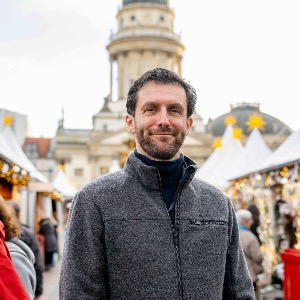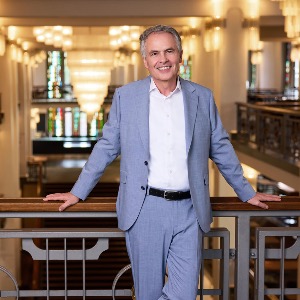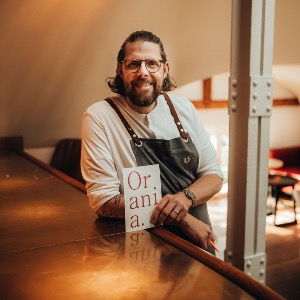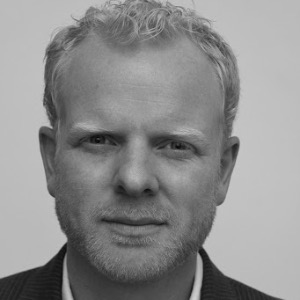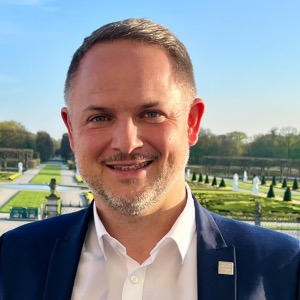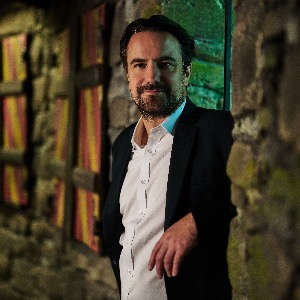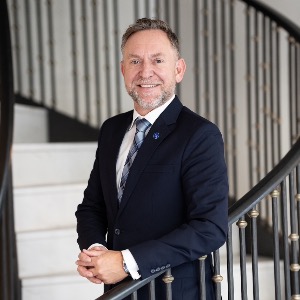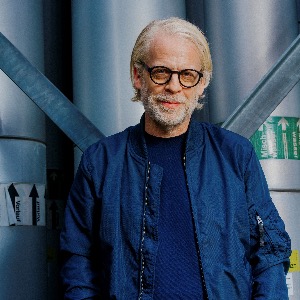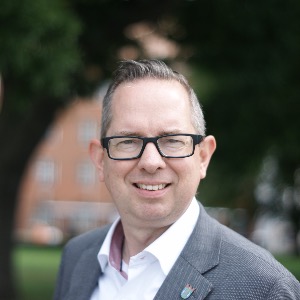
Born in 1978 in Köpenick, Oliver Igel has been District Mayor of Treptow-Köpenick since 2011, overseeing civil services, finance, real estate, and the local economy. A graduate of the Free University of Berlin in literature, history, and political science, his career has spanned research, journalism, and public service. Deeply rooted in community life as vice-chairman of the Heimatverein Köpenick and member of several local associations, Igel combines a focus on the district’s history with a commitment to international openness and cultural exchange.
Treptow-Köpenick on the World Stage: Oliver Igel on Diplomacy, Community, and Berlin’s Green Borough
Treptow-Köpenick is Berlin’s largest district – a place where history, diplomacy, and innovation intersect. From the Soviet War Memorial in Treptower Park to the Vietnamese and Belarusian embassies, from the legacy of East German industry to the future-driven science and technology hub of Adlershof, the district reflects Berlin’s role as both a city of memory and of transformation. We spoke with Oliver Igel, District Mayor of Treptow-Köpenick, about how local identity and global diplomacy meet on his home turf.
Mr. Igel, Treptow-Köpenick was a center of international diplomacy during the GDR era. How does this legacy still shape the district’s identity today?
As an outer district of Berlin, we have had two embassies here for decades the Vietnamese and the Belarusian which brings a touch of internationality and capital flair to our borough. In this way, a municipality suddenly moves onto the stage of foreign policy. Especially during GDR times, the close relationship with Vietnam had a very tangible influence on everyday life in the district.
To what extent can this historical experience be used for Berlin’s international cooperation today?
Encounter and exchange are the foundations of understanding and peace. That begins on a small scale including right outside the embassy gates. It is always enriching when embassies present their culture to the outside world: at festivals, at events, or by opening their own premises. Of course, this also depends on the overall political situation and the current state of relations between the countries which means this kind of openness can be more or less intense.
How do you experience the neighborhood between diplomatic missions and the local population? What role does the district play in creating trust and spaces for dialogue between diplomatic institutions and society?
Embassy staff often live right here in our district and are well integrated. Their children attend kindergartens and schools alongside German children, and parents get to know and appreciate each other. In the case of the Vietnamese embassy, we are fortunate to also have a historically grown, large Vietnamese community in Treptow-Köpenick. Traditional Vietnamese celebrations, such as the Moon Festival, are now a fixed part of the district’s festival calendar. It is wonderful to see how Vietnamese culture is presented here with great passion and joy in music, dance, and cuisine. And for the artists it is a special gift when the ambassador or another embassy representative even attends the festivities.
What opportunities arise for diplomats who choose Treptow-Köpenick as their office or place of residence? What strategies does the district pursue to balance security, openness, and international presence?
Unlike the bustling inner city, Treptow-Köpenick is characterized by forest and water. Many diplomats already use the district as a place of recreation and discover corners they would never expect in a capital. That is why Treptow-Köpenick is also popular as a place of residence – while at the same time the inner city and the embassies are quickly accessible. Naturally, embassies have special security interests, but these can be discussed and solved together.
Could Treptow-Köpenick once again profile itself more strongly as a diplomatic location? And what role do you see for the district in the context of Berlin’s international identity between history, innovation, and foreign policy?
As in many cases, the choice of location for a diplomatic mission depends not only on security aspects but also on the availability of property. As a district we can only emphasize that we are very open to welcoming new embassies and are happy to cooperate especially to bring international flair into the community through events and partnerships. Embassies should not be perceived solely as visa offices, but as representatives of other cultures, which we want to encounter with curiosity.
If you had to introduce Treptow-Köpenick to Berlin’s diplomatic community in a single sentence what would your message be?
Treptow-Köpenick is a district that embodies a fascinating German-German history, is an internationally recognized center for business and science, and at the same time the greenest and most water-rich part of Berlin full of surprises at every corner.
© Beate Laudzim

